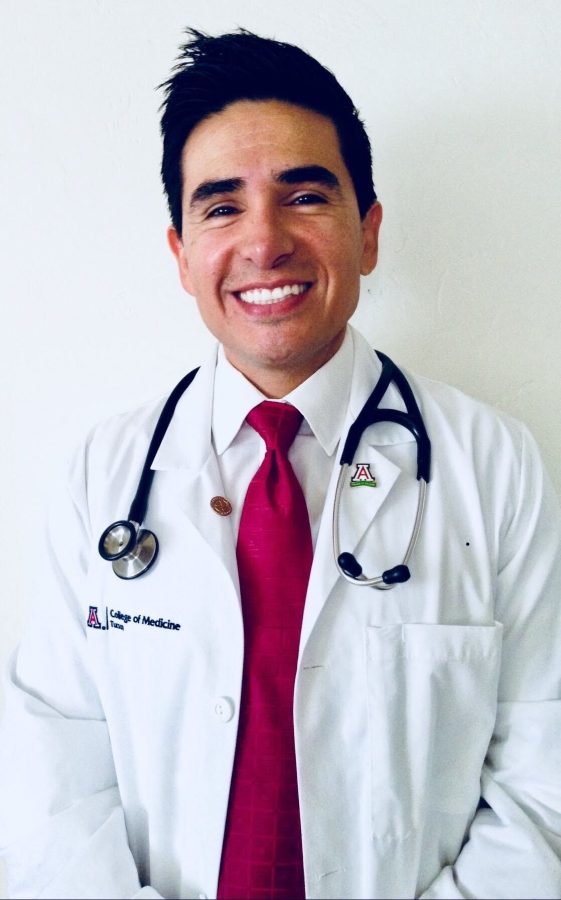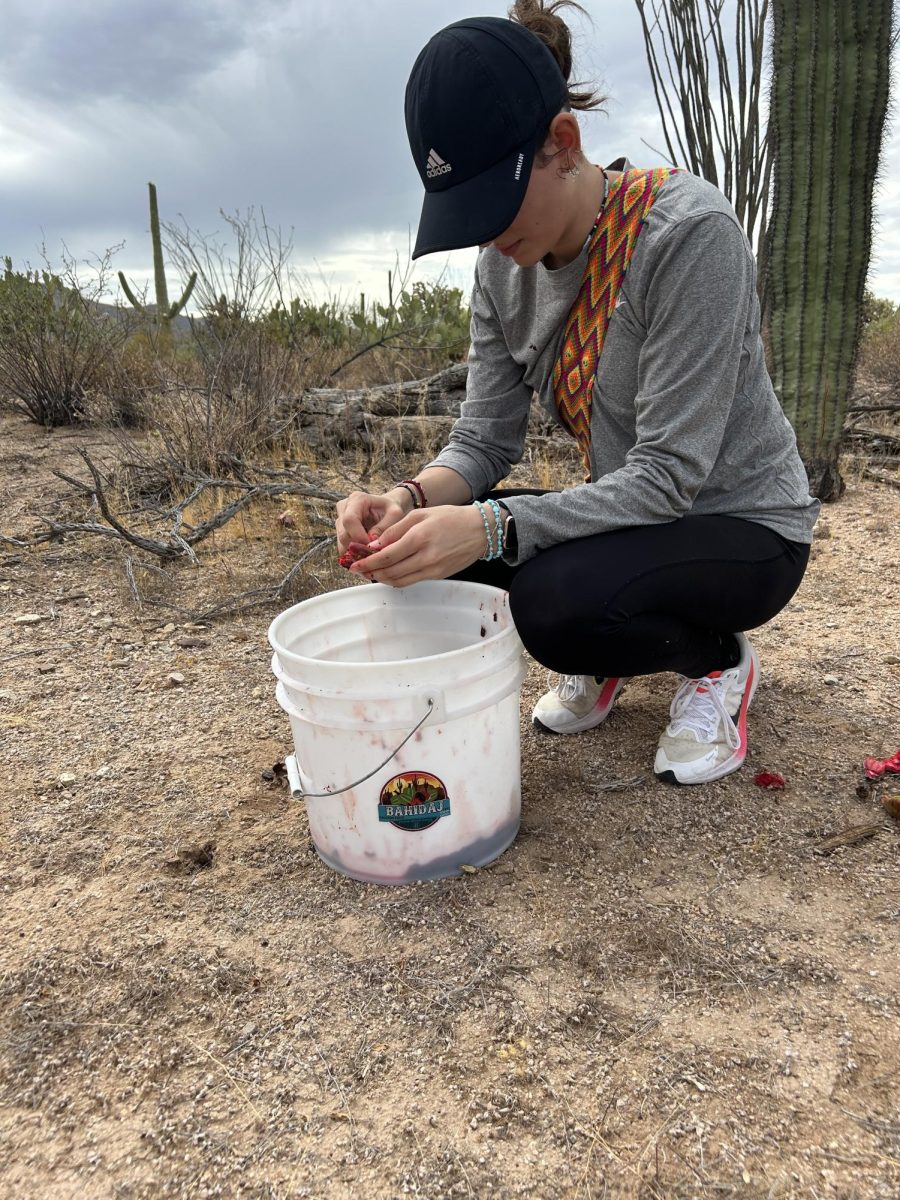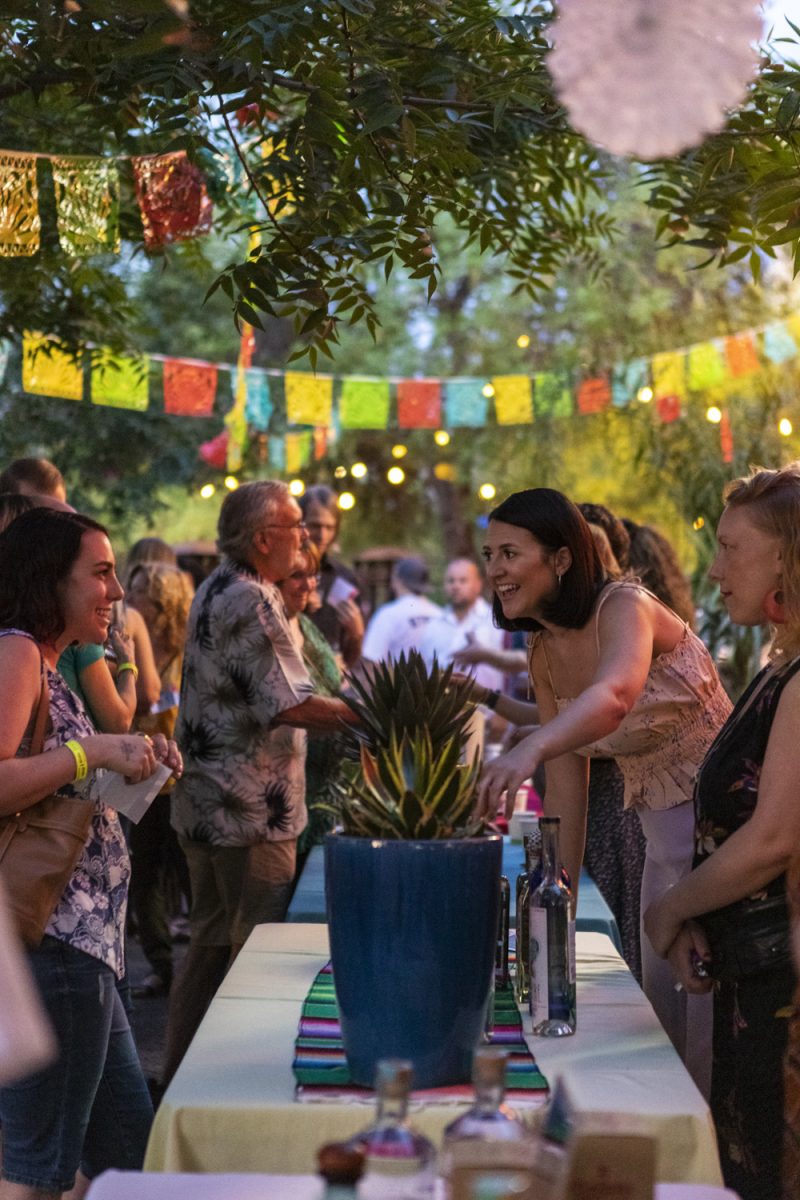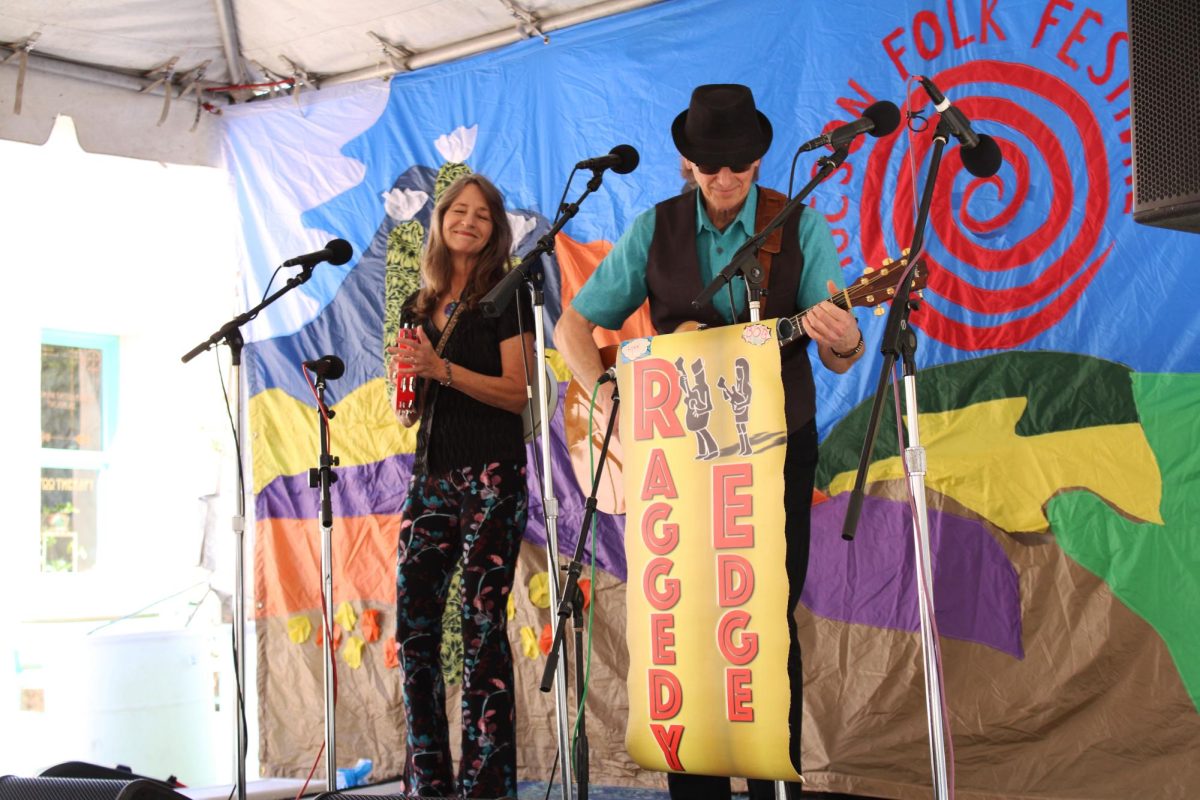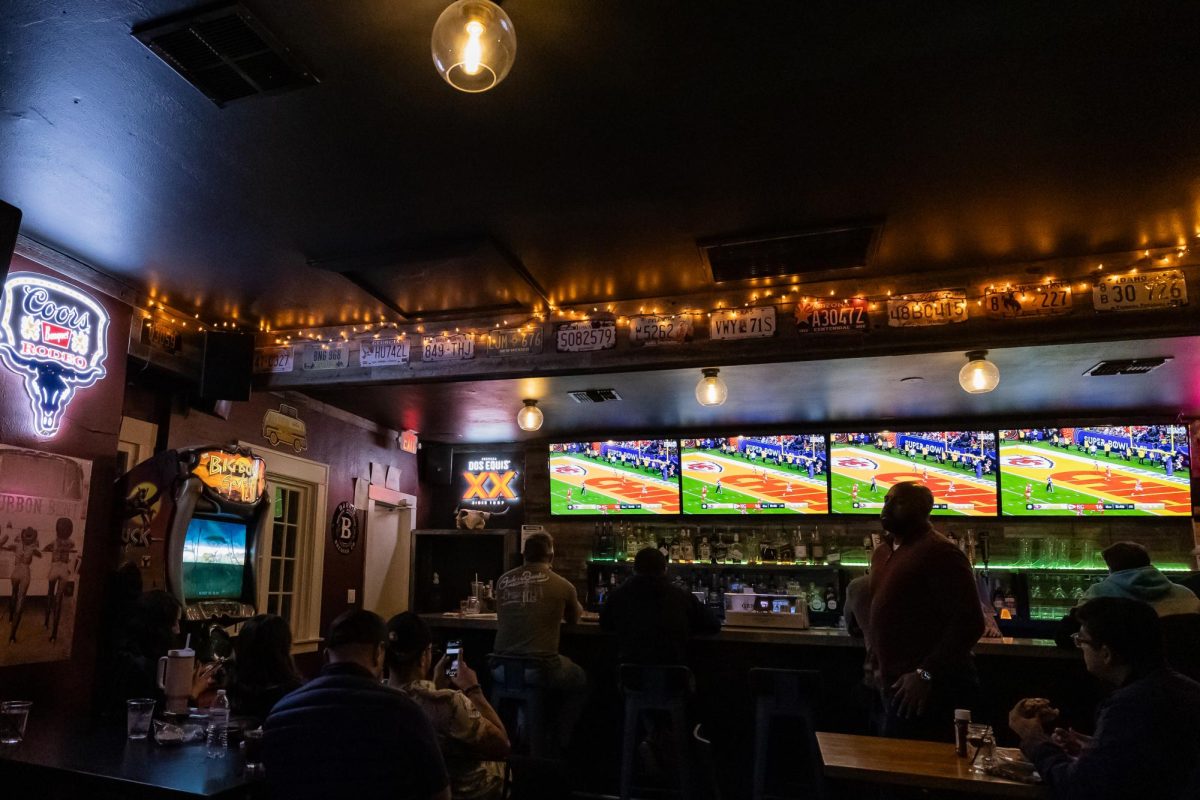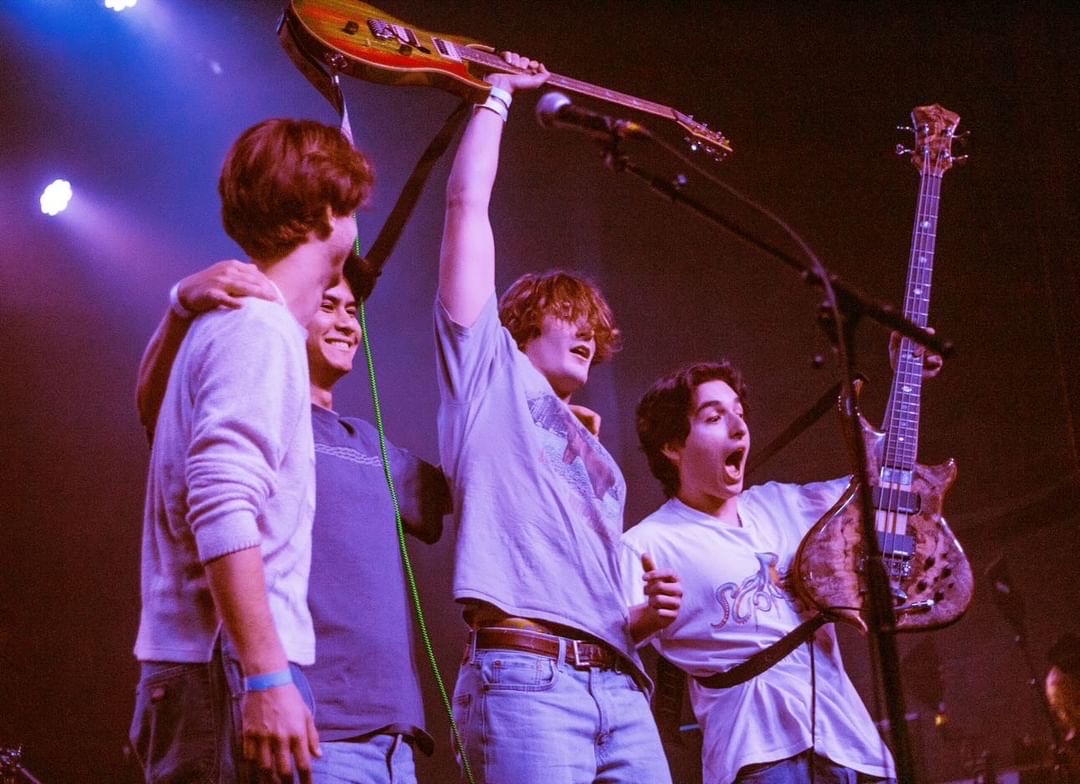As undergraduate seniors prepare to graduate and move to a new stage of life, around 40 medical students at the Tucson and Phoenix campuses have already taken that step due to the COVID-19 crisis, according to the Arizona Daily Star. The Daily Wildcat sat down with one of the doctors who opted to graduate early — Ricardo Ayala, who was preparing to practice medicine in Detroit, Michigan.
Daily Wildcat: What would you be spending your last month of graduation doing if you had not graduated early?
Ricardo Ayala: We were on our last rotation. There’s some core rotations and once you complete, those what you can do are basically electives. Not much different than any undergrad electives basically. I would have been doing pain management/chronic pain with anesthesia. That’s what I would have been doing the last month being that all my core rotations were completed and I had taken all my board exams. That was basically just it: choosing an interest and participating in that rotation.
DW: Has this pandemic made you change or reevaluate your reasons for wanting to continue with medicine and be a doctor?
RA: No, if anything my decision and my path has been reinforced and solidified because there’s a greater need more than ever. Just physicians in general just being able to help. They’re calling out for even retired physicians to come out and assist. So, from the other end of the spectrum as a new physician, I just think my reasons for doing this are reinforced and I have faith and I’m ready to help. Then again, I’m on the tail end of my career as a student, so I’m very optimistic and feel very prepared to go and assist. I don’t know if I would be the same way if I was applying to med school or if I was kind of earlier in the process being a first year or second year student.
DW: In the future — after the pandemic is over — how do you think this new generation of doctors will be seen by other generations of doctors?
RA: The way I see it, I hope that right now and in the near future, there’s going to be respect for new physicians coming out because a lot of things with this particular virus are novel to us. A seasoned doctor is learning how to manage and learning the pathology of the new virus just as new doctors are. I hope that there’s some respect and camaraderie. If anything that is going to be a plus clearly there’s a lot of interaction between the seasoned doctors and the novice ones. I think that’s just the nature of it where these attending physicians meaning the ones with experience teach. They continue to teach doctors that are more fresh or maybe haven’t seen certain cases or a certain number of cases.
REALTED: UA’s new Student Emergency Fund to aid financially struggling students
DW: How did you imagine starting out as a doctor versus how it is going to be?
RA: I imagined the transition that I mentioned from student to doctor would be a little smoother. Getting our feet wet and getting to feel comfortable gradually. I’m not there yet, its not July 1, but expect to have a lot of work a lot of responsibility and being forced to just learn quick to manage these patient. If anything I just expect to have to learn faster than I would otherwise.
DW: Do you see that as something good or just what you have to do?
RA: Its something that it is what it is. It’s something that is gonna be uncomfortable, but I think med school as a whole is uncomfortable. It’s really forces you to step out of your comfort zone and just manage the expectations and what’s needed to be done. I think for myself and my colleagues we’ve been adequately prepared to adjust and adapt.
RELATED: OPINION: I got the antibody test. Here’s how it went.
DW: What are some good things about Tucson or the university that you anticipate you are going to miss in Detroit?
RA: I grew up in Douglas which is a border community. I just see it as Tucson being home for me. I’ve been here since 2000. For southern Arizona, the big city is Tucson. We really don’t consider Phoenix home, that’s how I feel. What I would miss from Tucson is the fact that it’s home. The familiar events, traditions: whether it’s the rodeo, events at a mountain, the fireworks, the spring fling at the UA, the book fair, the street fair on Fourth Avenue. Just the small things that just end up being tradition for a native Tucsonan. The monsoons and clearly the weather. I’ve never really stepped out of this kind of weather. Right now its a little warm. Being able to be in shorts and a t-shirt in December and January, that’s pretty nice. I’m going to be going to Detroit where I’ve been tracking the temperatures where the highs have maybe been in the 40s. That’s going to be a bit of a shock. But to answer your question about Tucson, the monsoon, the weather, the food, Southwest food that I’m going to have to dig out over there in Michigan see if I find it.
Follow Ella McCarville on Twitter



